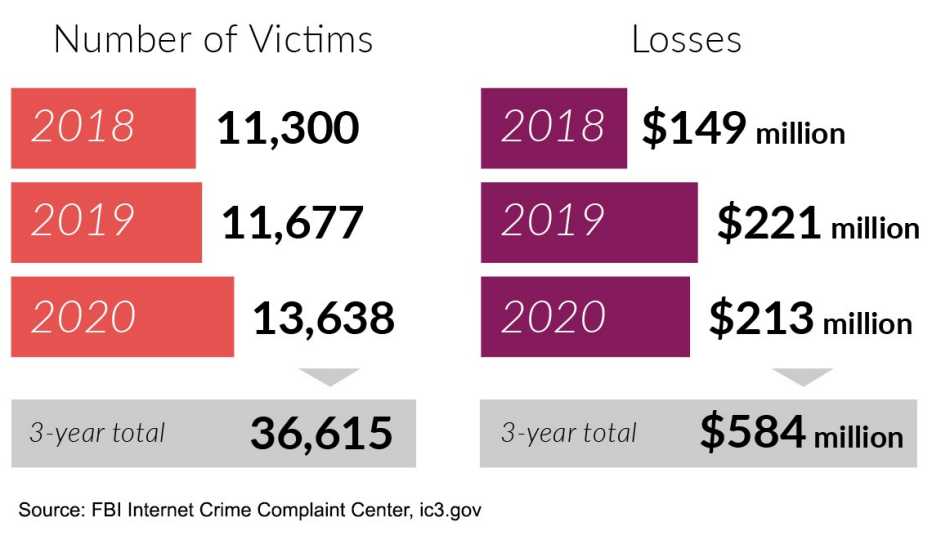Staying Fit
Carl Janvier, a student in greater Boston putting himself through college, scraped together $3,100 to rent a two-bedroom Cape Cod. At $500 a month, it seemed like a steal.
But the home was not a rental — it was for sale — and the 22-year-old architectural design student lost most of the money he thought was going toward the first month's rent and a security deposit. A criminal had hijacked the for-sale listing and pretended the place was his to rent.


AARP Membership— $12 for your first year when you sign up for Automatic Renewal
Get instant access to members-only products and hundreds of discounts, a free second membership, and a subscription to AARP the Magazine.
"I've never been scammed before,” Janvier tells AARP. “This time I was totally blindsided. I just didn't see it coming."
Complaints jump during COVID-19
Lately consumers young and old have fallen prey to criminals exploiting the global health crisis and the tight rental markets seen in many locales.
"Throughout the pandemic, particularly late last year and into 2021, ourselves and other companies have seen an increase in fraud,” says Kelsey Blakely, senior director of online security for Apartments.com, which boasts more than 1 million rental listings. “It's been pretty consistent throughout the last six months."
AARP's Mark Fetterhoff, a fraud victim support adviser, adds: “Scammers follow the headlines, so it is no shock that they have started to target housing. The last year has brought about a booming real estate market, fears of eviction and a greater interest in short-term rentals. Opportunistic scammers have looked to housing listings and real estate transactions as a new way of finding victims. It is critical that people looking for housing of any sort exercise caution and pump the brakes if they notice the red flags of a scam."


Last year 13,638 victims of rental fraud and real-estate investment scams filed reports to the FBI's Internet Crime Complaint Center, ic3.gov. That is a 17 percent increase from the 11,677 victims in 2019. Losses dipped slightly in 2020 to $213 million, nearly 4 percent lower than $221 million the previous year. The FBI does not publicize rental fraud cases and losses alone, so how much havoc they wreak is hard to pinpoint.






































































